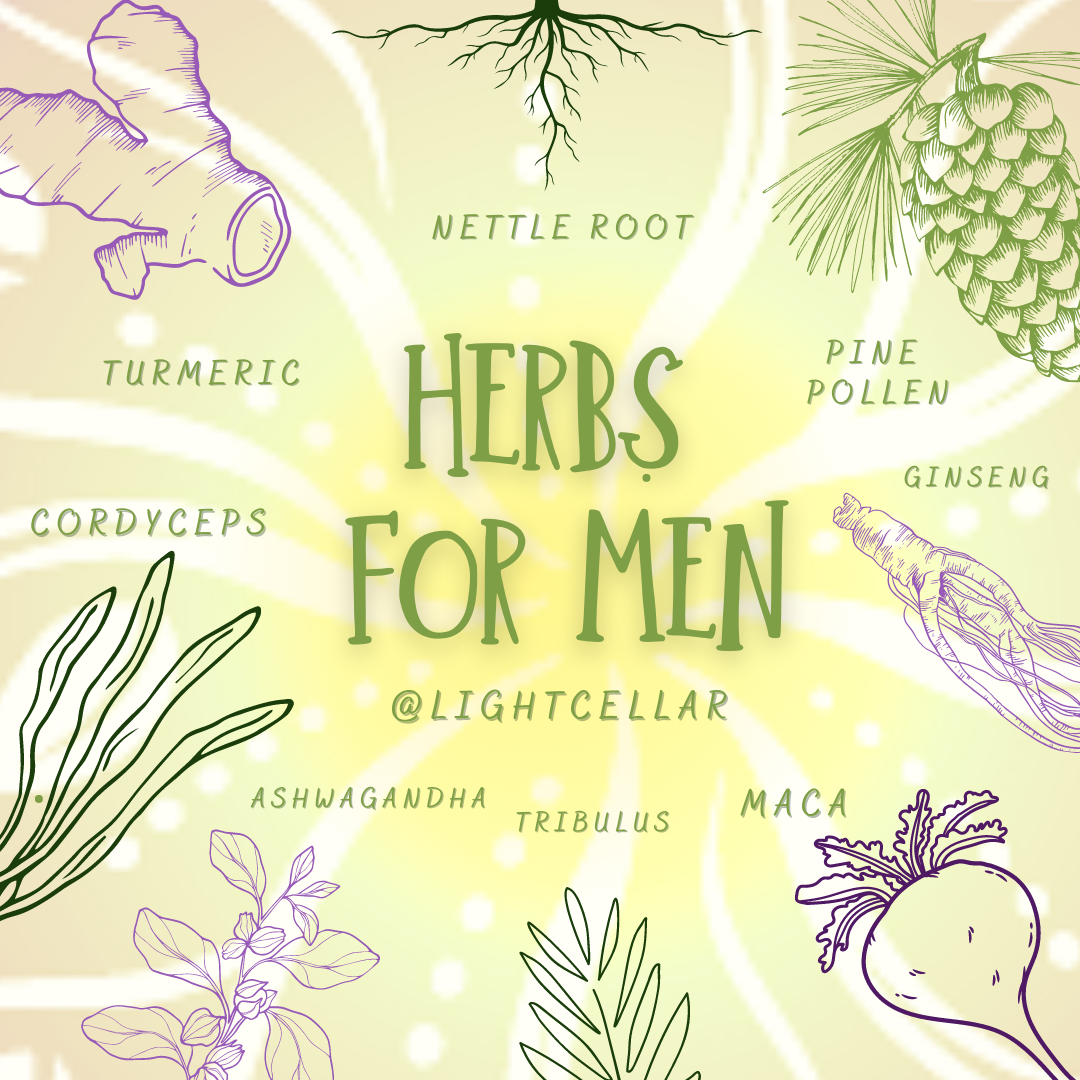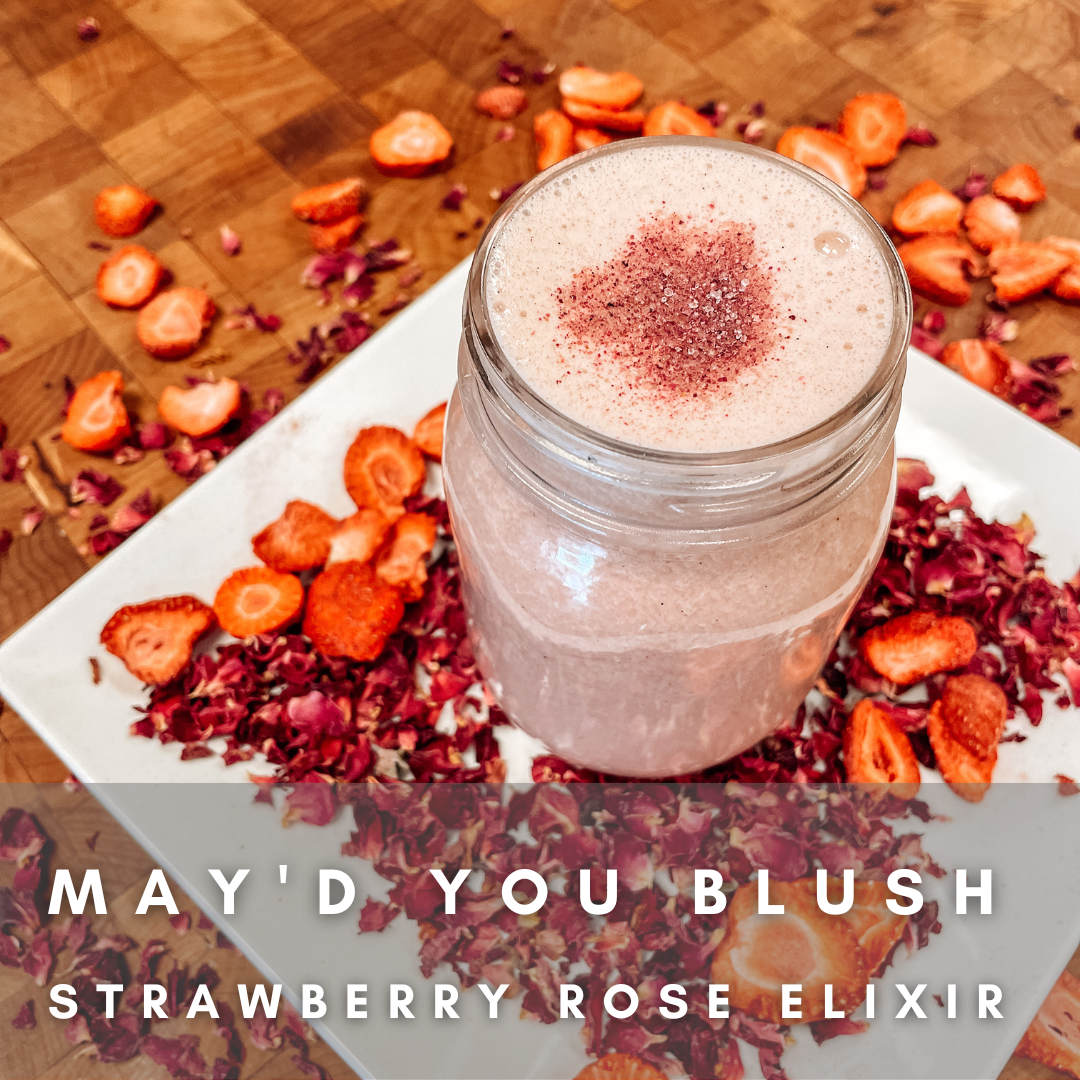Herbal Remedies For Wild Fire Smoke Relief
Holy smokes!
Feeling the effects of the wild fire smoke? Protect your lungs and soothe irritated throats and coughs with our wide selection of herbal remedies!

Lungevity Tea Blend - Great for dry coughs, an irritated throat, and lungs due to wildfire smoke, infection, and pollution. In this blend of Mullein leaf, Marshmallow Root, Peppermint, Oregano and Holy Basil, we intentionally chose each herb for their with various effects to help support lungs. The main properties sought after are their demulcent, expectorant & aromatic effects.
-
Demulcent:Demulcents are characterized by a slightly slippery texture and often provide a thickening quality when infused in hot or cold water.Demulcent herbs are often subtle in flavor and action but can be quiet helpers during winter months when the air tends to be dry or in the summer when there is wildfire smoke. These herbs are also used to reduce the impact of airborne allergens and other irritants, such as smoke or pollution in densely populated areas. Demulcents are wonderfully soothing to throat tissues during a dry cough or sore throat.
Demulcents support one of our natural physical and chemical immune defenses: the mucosa. When we ingest demulcents, their first direct action is on the mouth, throat, and other tissues of the gastrointestinal (GI) tract. While not often thought of as “potent” or “antimicrobial,” the gentle (and most often safe) demulcent herbs don’t have a direct effect on the immune cells. Instead, they bolster our defenses by supporting a natural barrier: healthy mucosal tissue.
Demulcents also help to thin and liquify mucus, which in turn can help support expectoration (the removal of excess mucus). This is particularly supportive in a dry cough or when there is no cough present but a feeling of the desire to cough. In these cases, mucus may be present though it is too thick, hardened, and inert to elicit a cough, or too thick and sticky to expel effectively by coughing.
-
Expectorant:
Expectorants can work by stimulating secretions of mucus (slightly different than demulcents, but to a similar effect) therefore adding to the volume, encouraging elimination, or supporting secretion of a thinner mucus.
They help loosen congestion in the lungs making coughing more productive and clearing the lungs.
-
Aromatic:
Aromatic herbs are typically those that boast spicy, minty, citrusy, or camphorous scents. This is due to small molecules that can be easily smelled and that create a bit of movement and opening in the respiratory tract when tasted or inhaled
About the ingredients:

- Mullein - The ancient Greeks recognized the value of Mullein for lung health some 2,000 years ago. The dried leaves were traditionally used as a tea supporting pulmonary and respiratory function. Mullein is one of the top tonic respiratory herbs (meaning you can take it long-term for respiratory support) and is both a demulcent and expectorant. It's particularly beneficial for the upper respiratory tract and has been used for asthma and dry or spastic coughs for hundreds of years. Available individually in tea or tincture form

- Marshmallow Root - Marshmallow root is a true friend to the lungs, especially during times of coughing, infection, and respiratory inflammation. Marshmallow has a high content of mucilage, which is a soothing, moisturizing substance contained within the herb. Marshmallow is known as a demulcent herb, which means that it soothes and protects irritated tissue. The roots contain more mucilage than the leave and are excellent for soothing and moisturizing an inflamed, irritated respiratory system. Available individually in powder or tea form.

-
Peppermint - Peppermint can help soothe and cool hot conditions while relaxing spasms. Available individually in tea form.

-
Oregano - Oregano contains carvacrol and rosmarinic acid, both of which are believed to be natural decongestants and antihistamines. Because of this, Oregano is thought to be able to help maintain healthy lung function. Recent research also shows that this herb contains volatile oils that work together to support your body’s natural resistance to harmful foreign substances that can lead to respiratory issues. Available individually as a dried herb, or in oil form.

More herbal remedies for wild fire smoke relief:


- Lobelia - Lobelia is an expectorant and has been used throughout history as a herbal remedy for respiratory conditions such as asthma, bronchitis, pneumonia, and coughs. It also helps to relax the airways to stimulate better breathing.

- Nettle leaf/root - Nettle is a well rounded and nutritious herb that is not only high in minerals, but it has also been known for aiding with conditions like asthma, bronchitis, chronic coughs and mucous related infections in the lungs.

- Slippery Elm Bark - Slippery elm has a long history of being used for relieving symptoms from coughs and other respiratory ailments like asthma and bronchitis. It is believe to be an antitussive (used to prevent or relieve a cough)
We hope these herbal remedies find you well during wild fire smoke season. Let us know if you have any questions and thank you for reading!



